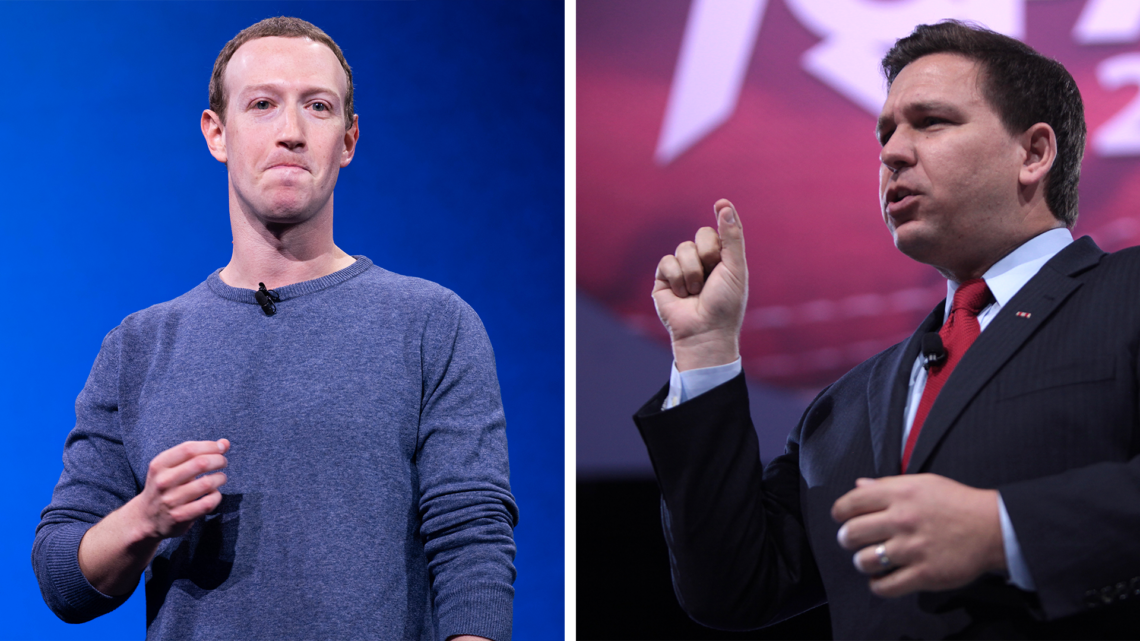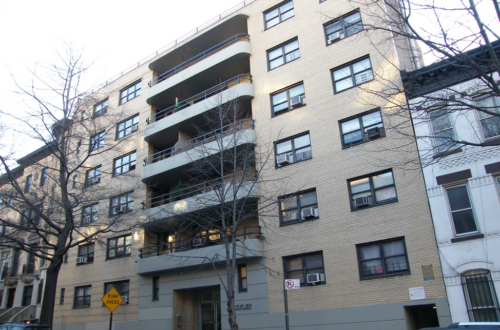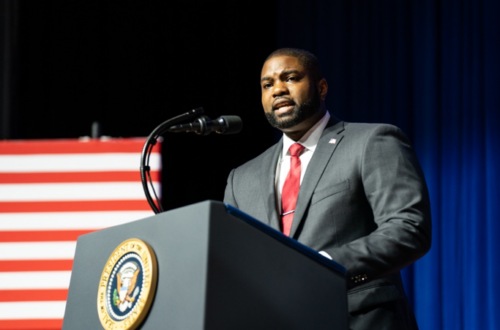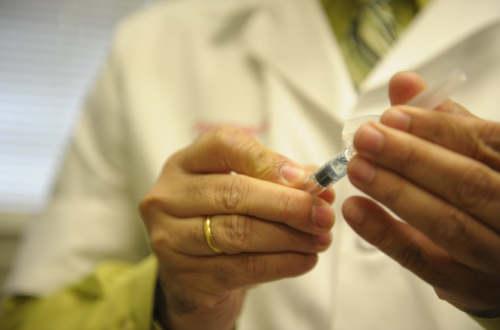In 2020, Mark Zuckerberg donated more than $16 million to Florida’s election offices, disproportionately benefiting Democrats and upsetting Republicans.
During the months leading up to and after the presidential election, both of Florida’s major political parties did not show distaste toward public-private relations with election offices. After all, Zuckerberg was donating for the main purpose of supporting election offices during the COVID-19 crisis.
However, recently after the conservative-leaning Foundation for Government Accountability released a groundbreaking report, Republican officials became worried. The FGA claims Zuckerberg’s money gave Democratic candidates an astonishing 5% or more net increase in votes over their Republican counterparts.
With those electoral numbers against their interests, Republicans added a new section to Senate Bill 90, a regulatory bill that changes election rules in Florida. The amended bill now includes language placing a prohibition on public-private relations with election offices, such as the more than $16 million in donations from Mark Zuckerberg through the Center for Tech and Civic Life.
Elected officials such as Governor Ron DeSantis, R-Florida, believe the new language in SB 90 helps Florida by “prohibiting private money from basically running the elections.” There are others in agreement too, such as Hayden Dublois, a researcher at the FGA saying, “If Charles Koch was doing this… the shoe would be on the other foot.”
Eight states passed restrictions or complete bans on public-private relations with election offices. Some, such as Georgia and Texas, still allow donations but to be distributed solely by the secretary of state. In Florida, private donations are now banned in their entirety — because of SB 90 — prompting people and elected officials to speak out.
One example is from Rep. Anna Eskamani, D-Orlando, who told the Florida Political Review that the new ban is reminiscent of Georgia’s voter suppression policies.
“Florida doesn’t prioritize [elections]… and the fact that we still see long lines to vote across the country is an example of the underinvestment in our elections,” she said.
Eskamani voted against SB 90 and believes that, accompanied by a no strings attached guarantee, public-private relations with election offices should be allowed to help get the funds needed for a smooth election.
“I don’t see why governments should be barred from trying to work with the private sector,” said Brian Mead, a Republican election director from Ohio. Mead went on to say, “If we can work with the private sector and secure funds where we save our taxpayers money, I think that’s a good thing.”
Florida Republicans are not scared to pass multiple bills that affect Zuckerberg, as they have recently shown with Senate Bill 7072 — a new statute targeting censorship from Big Tech.
“When you try to write policy for a culture war, you end up crafting something that does not make sense,” Eskamani commented, calling it “a clear example of bad policy.”
Lieutenant Governor Jeanette Nuñez, R-Florida, believes differently, saying SB 7072 gives Floridians protection against “an effort to silence, intimidate and wipe out dissenting voices by the leftist media and big corporations.”
Zuckerberg now has two distinct Florida statutes — SB 7072 and SB 90 — including language made with the intent to target him and his company, Facebook.
SB 7072 fines large companies — such as Facebook — that deplatform political candidates for any reason or deplatform users in an inconsistent manner. The potential fines of companies reach $250,000 for statewide political candidates, $25,000 for non-statewide candidates, and $100,000 for users.
SB 90 explicitly prohibits the use of private funds for election-related expenses, which puts the entire burden of funding election offices on Florida’s localities.
Miami-Dade County’s election office received approximately $2.5 million in additional funding from Zuckerberg. However, the county did not spend any of the funds in 2020, and with SB 90 in place, they are now required to refund the full amount.
Other Florida counties that received extra funds from Zuckerberg include Alachua, with $707,606; Broward, with about $1.4 million; and many others, with over $16.4 million received by counties in total. Some counties, such as Hillsborough, managed to spend all of their donations — over $2.9 million — before SB 90 was enacted and thus do not have any leftover funds to dispose of.
In total, over $4.6 million went unspent and must be returned.
With the public-private relations between election offices and individuals now banned, there is one thing Floridians can be sure of; they won’t know how a lack of private funds will affect their elections until it’s too late.
Check out other recent articles from Florida Political Review here.
Featured Image: Mark Zuckerberg speaking at a Facebook Developer Conference in 2019; unmodified photo by Anthony Quintano used under a Creative Commons license (bit.ly/2UA0tzc), and Gov. Ron DeSantis speaking at CPAC in 2016; unmodified photo by Gage Skidmore used under a Creative Commons license. (bit.ly/2UA0tzc)





